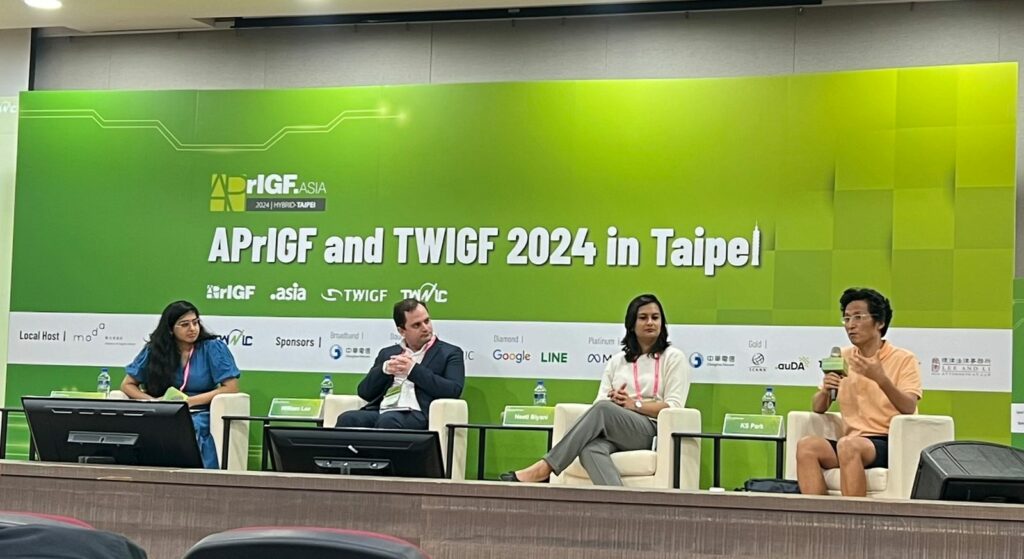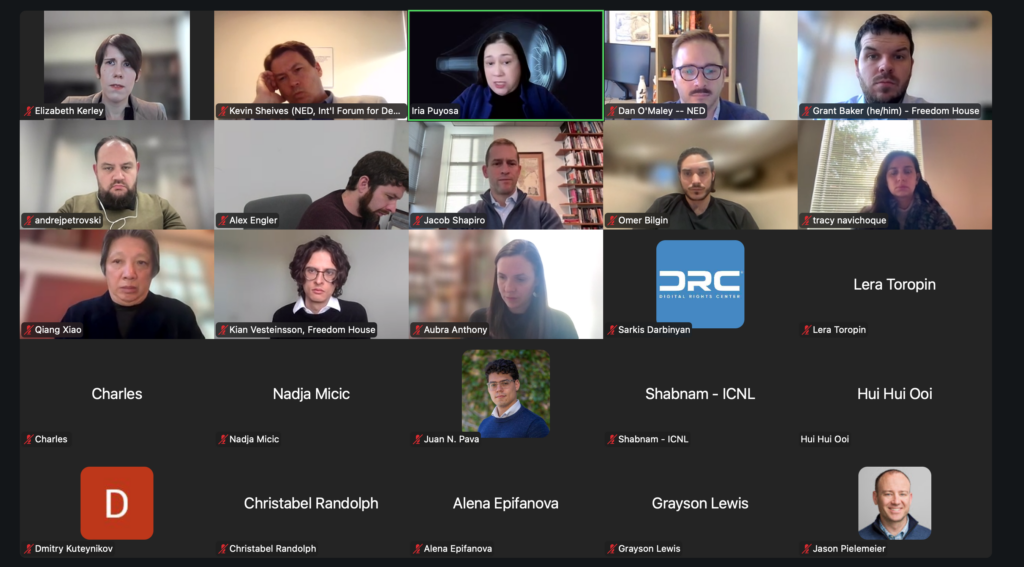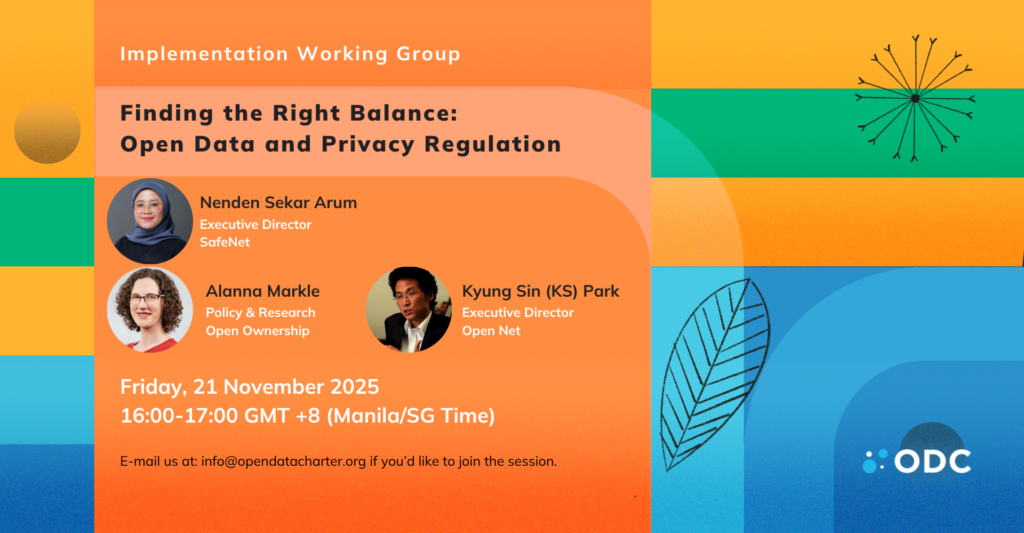On August 21, KS Park, Director, Open Net, participated in the above titled session at APrIGF Taipei.

Theme:
In recent years, there have been increasing concerns among civil society, advocacy groups, and businesses about the myriad ways in which the Internet is being fragmented — from blocking Internet gateways to imposing legal restrictions on international data transfers. Policymakers in the Asia Pacific region have faced significant criticism for imposing rules that risk fragmentation. To mitigate this, many experts and business executives have demanded that countries adopt universal playbooks, and some have even suggested that countries emulate the EU or U.S. models to reduce regulatory discrepancies and reduce compliance costs. However, others argue that homogenization of regulatory norms risks weakening sovereignty and resilience of online communities, and only benefits corporate interests. Countries like India and Singapore have favored more divergent regulatory options, while Australia and Japan have advocated for more collaboration and consistency in governing the Internet.
The panel discussion examines the tradeoffs between strengthening national sovereignty through diverse regulatory frameworks, and Internet fragmentation. By bringing together experts from government, private sector, academia, and civil society, the panel challenges the assumption behind norm-building, regulatory homogeneity and the risks of building isolated online communities. Specifically, the panel will examine the Washington and Brussels effect on APAC governments and question whether universal playbooks can, in fact, reduce the risk of fragmentation, or could ultimately undermine regulatory resilience through over-harmonization.
Moderator:
- Sabhanaz Rashid Diya, Executive Director, Tech Global Institute
Speakers:
- Neeti Biyani, Senior Advisor, Policy and Advocacy, ISOC
- KS Park, Founder, Open Net Korea
- William Lee, Assistant Director, Government of Australia
- Edika Amin, Senior Analyst, Asia Internet Coalition
K.S. Park spoke on the need for homogenization and presented Digital Services Act as a viable model where the call for sovereignty, which has been often turned into authoritarian censorship, is balanced with free speech. Especially, in Asia Pacific where intermediary liability exemption has not been fully established, the new focus on DSA will give the policymakers and CSOs a new chance to revisit and make up on establishing the intermediary liability safe harbor, which DSA explicitly reconfirms and therefore strengthens its significance as an international human rights standard. Also, the focus of DSA is carefully moved away from imposing liability for specific content. The liability depends on how well the platform provides due process, transparency, etc., and the overall behavior of the platform. This move takes the sting of censorship out of the intermediary liability regime. Compare to NetzDG, which focuses on the failure to take down upon notice and thereby elevates the notice-giver to the position of a censoror since the platform is naturally more like to take down than retain the noticed content. Also, compare to UNESCO Guideline for Platform Responsibility which will also encourage authoritarian governments or wannbees to install an administrative censorship body.


0 Comments